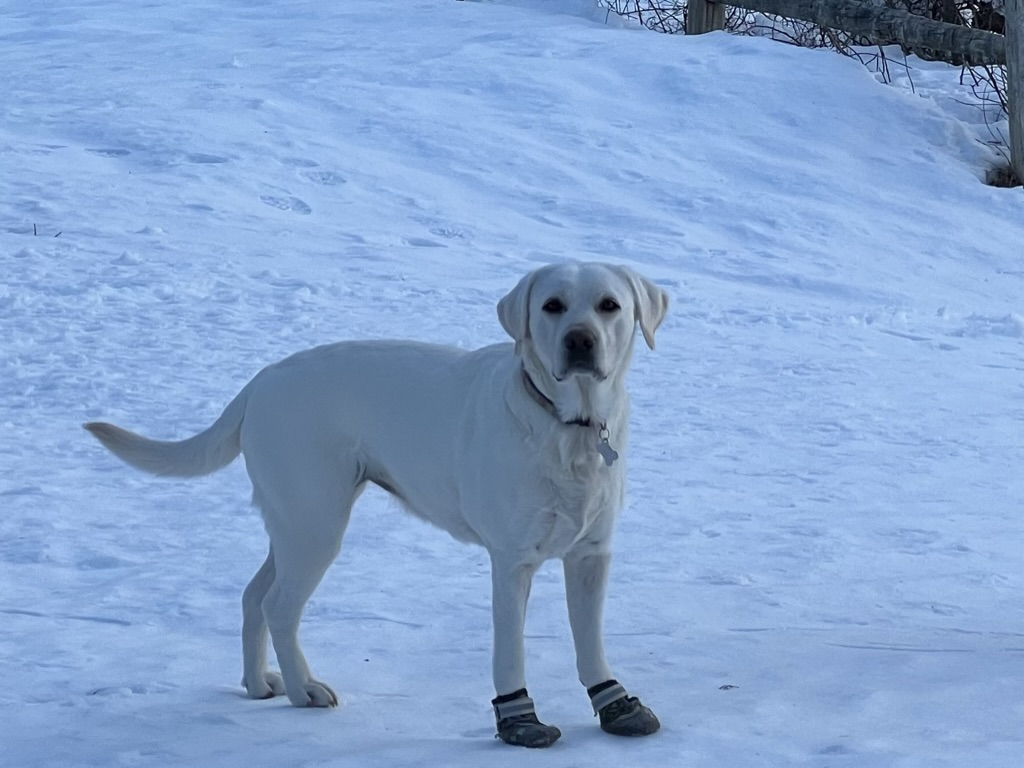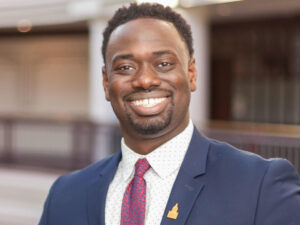At a time when misinformation grows more sophisticated and demagoguery runs rampant, the public should be able to turn to higher education for guidance. But there is declining trust in the sector, which has been embroiled in controversies ranging from its high cost, to tensions between academic freedom and religion, to questions about the role of social justice on campus. From Texas to Florida, government leaders have felt empowered to ramp up their war on universities. Critics on the left accuse universities of being the servants of neoliberal corporatism, while critics on the right view them as engines of indoctrination into world views that dismiss the lives of ordinary people. At a time when higher education should be contributing to our public lives, many of its leaders are busy playing defense, or worse, just laying low.
Colleges and universities in the United States come in a wide variety of forms, but one of their most distinctive elements is pragmatic liberal education. This form of learning — no matter what you are studying — combines the acquisition of specific skills (such as literacy and numeracy) with understanding of how those skills fit into broad contexts. Rather than being just trained how to be a cog in a machine, you are taught to understand how machines work within the systems in which they (and you) are embedded. Pragmatic liberal education in the United States has emphasized that in a diverse democracy, it is crucial that people develop the capacity to listen to those with views different from their own.
Today the relevance of that vision is being challenged on many fronts. There are those who claim that colleges are creating insular tribes adept mostly at canceling one another rather than promoting a diversity of viewpoints. Liberal learning, others argue, contributes to the divisiveness afflicting American society by reinforcing a sense of superiority — in turn, inciting righteous indignation among those who feel elites with fancy diplomas are looking down on them.
Critics are not wrong to point out that biases exist in the American academy that can lead to contempt for those who don’t play its idiosyncratic language games. They are not wrong to question whether professors are providing the tools of facile rejection under the guise of empowering critical thinking, paying lip service to academic freedom while expecting ideological or intellectual conformity. These are legitimate concerns for anyone who believes that education should liberate one from dependence on someone else’s thinking (even the teacher’s) and that learning should foster open-ended inquiry and self-reliance.
Because liberal education is a path well-trod by elites, it can also seem to be the pathway to elitism, cementing economic inequality and enabling a fortunate few to assume an attitude of haughty privilege. Selective institutions like my own take too much pride in the number of people they reject in admissions. Throughout U.S. history, writers have argued that while education was essential for a healthy democracy, it could also lead to a class of pretentious elites condescending to their fellow citizens (if they recognized them at all).
Champions of pragmatic liberal education have long recognized this issue. In the early part of the 20th century, Jane Addams, for example, saw that so-called sophisticated modes of education often stifled the ability to see things from another’s point of view. She recognized that strong thinking often became self-protective and detached from the concerns of others. She insisted on the development of empathy and the sympathetic imagination, underscoring participation in civic life as a vehicle for liberal learning that wouldn’t become parochial and elitist.
The U.S. tradition of pragmatic liberal education of which Jane Addams is a part doesn’t just want students to have read a set of sanctified Great Books. They realize that real inquiry must be tested beyond the university, and that real learning, including the study of classic works, must be relevant beyond the classroom. This American educational tradition took a bet on what pragmatist philosopher John Dewey called “practical idealism,” a bet on the value of situating learning in relation to society and the aim of contributing to its well-being.
That wager inspires students from all walks of life who choose educational paths that allow them to make unexpected connections to discover fields of inquiry of which they were unaware in high school. Students may enter higher education with very specific goals, but in large public universities and small liberal arts colleges, in historically Black colleges and universities, and in faith-based institutions, they encounter teachers who show them how to build skills while also broadening their awareness of the world around them.
I’m thinking of Kennedy Odede, who came to the United States from Kenya, and while studying social science at Wesleyan University started schools for girls in slums around Nairobi. Some of those girls are now applying to colleges in the United States. I’m thinking of Livia Cox, who studied neuroscience and trained as an emergency medical technician while an undergraduate, and who now has been awarded grant support to put her medical training into a broad public health context.
We should recognize how our campuses thrive with productive nonconformists and practical idealists who are building companies and purpose-driven organizations. On campuses today you can certainly find examples of cancel culture, but you also find faith-based groups supporting health care workers, liberal arts students working with the incarcerated, and an impressive array of young people defending the right to vote.
Higher education in the United States can be pragmatic without being conformist, and liberal education can inspire students to think for themselves in ways that include learning from people with views different from their own. A pragmatic liberal education promises to engage with issues that students will have to deal with beyond their university years; it’s more ambitious than a short-term training program. The jobs of the future and the problems confronting our world today cannot be tackled by technical specialization alone. Environmental degradation, artificial intelligence, public health, increasing inequality, international political tensions — these are complex areas that demand the kind of holistic thinking characteristic of liberal education.
Our pragmatic approach to liberal education is one of the reasons more than a million students from outside our borders flock to U.S. colleges and universities each year. Their confidence in our institutions is no replacement, though, for the trust of our fellow citizens. To strengthen that trust, we must demonstrate that our educational institutions foster open inquiry, deep research, and pragmatic approaches to the pressing problems and opportunities before us. If our colleges and universities graduate practical idealists rather than narrow-minded conformists, we will be serving our nation and the world.




